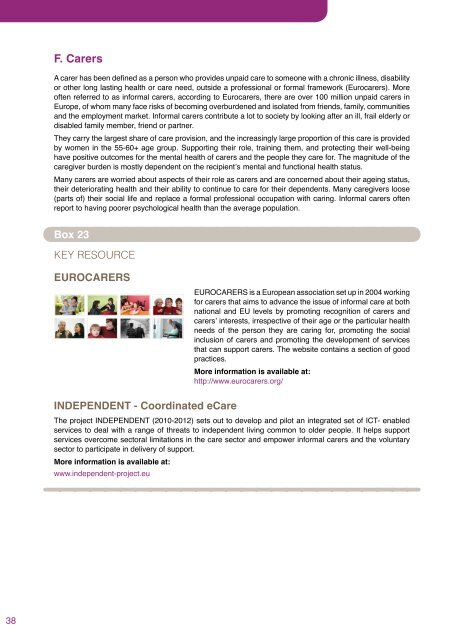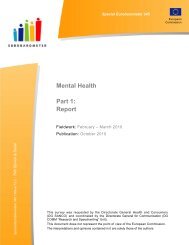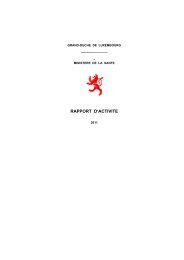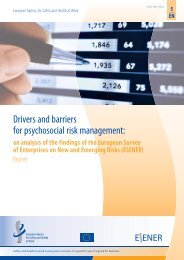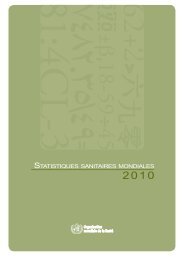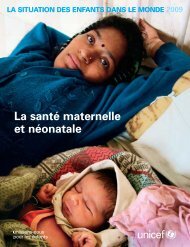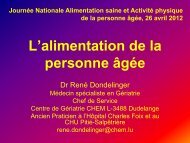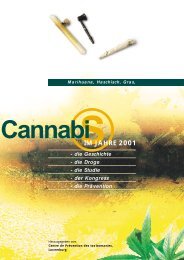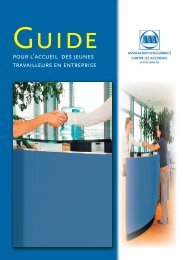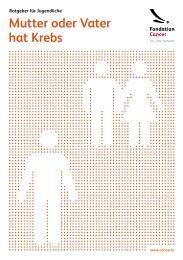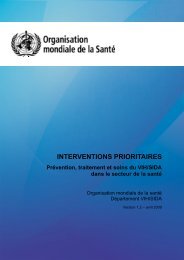healthy and active ageing - EuroHealthNet's Healthy Ageing Website
healthy and active ageing - EuroHealthNet's Healthy Ageing Website
healthy and active ageing - EuroHealthNet's Healthy Ageing Website
You also want an ePaper? Increase the reach of your titles
YUMPU automatically turns print PDFs into web optimized ePapers that Google loves.
F. Carers<br />
A carer has been defined as a person who provides unpaid care to someone with a chronic illness, disability<br />
or other long lasting health or care need, outside a professional or formal framework (Eurocarers). More<br />
often referred to as informal carers, according to Eurocarers, there are over 100 million unpaid carers in<br />
Europe, of whom many face risks of becoming overburdened <strong>and</strong> isolated from friends, family, communities<br />
<strong>and</strong> the employment market. Informal carers contribute a lot to society by looking after an ill, frail elderly or<br />
disabled family member, friend or partner.<br />
They carry the largest share of care provision, <strong>and</strong> the increasingly large proportion of this care is provided<br />
by women in the 55-60+ age group. Supporting their role, training them, <strong>and</strong> protecting their well-being<br />
have positive outcomes for the mental health of carers <strong>and</strong> the people they care for. The magnitude of the<br />
caregiver burden is mostly dependent on the recipient’s mental <strong>and</strong> functional health status.<br />
Many carers are worried about aspects of their role as carers <strong>and</strong> are concerned about their <strong>ageing</strong> status,<br />
their deteriorating health <strong>and</strong> their ability to continue to care for their dependents. Many caregivers loose<br />
(parts of) their social life <strong>and</strong> replace a formal professional occupation with caring. Informal carers often<br />
report to having poorer psychological health than the average population.<br />
Box 23<br />
Key resource<br />
EUROCARERS<br />
EUROCARERS is a European association set up in 2004 working<br />
for carers that aims to advance the issue of informal care at both<br />
national <strong>and</strong> EU levels by promoting recognition of carers <strong>and</strong><br />
carers’ interests, irrespective of their age or the particular health<br />
needs of the person they are caring for, promoting the social<br />
inclusion of carers <strong>and</strong> promoting the development of services<br />
that can support carers. The website contains a section of good<br />
practices.<br />
More information is available at:<br />
http://www.eurocarers.org/<br />
INDEPENDENT - Coordinated eCare<br />
The project INDEPENDENT (2010-2012) sets out to develop <strong>and</strong> pilot an integrated set of ICT- enabled<br />
services to deal with a range of threats to independent living common to older people. It helps support<br />
services overcome sectoral limitations in the care sector <strong>and</strong> empower informal carers <strong>and</strong> the voluntary<br />
sector to participate in delivery of support.<br />
More information is available at:<br />
www.independent-project.eu<br />
38


